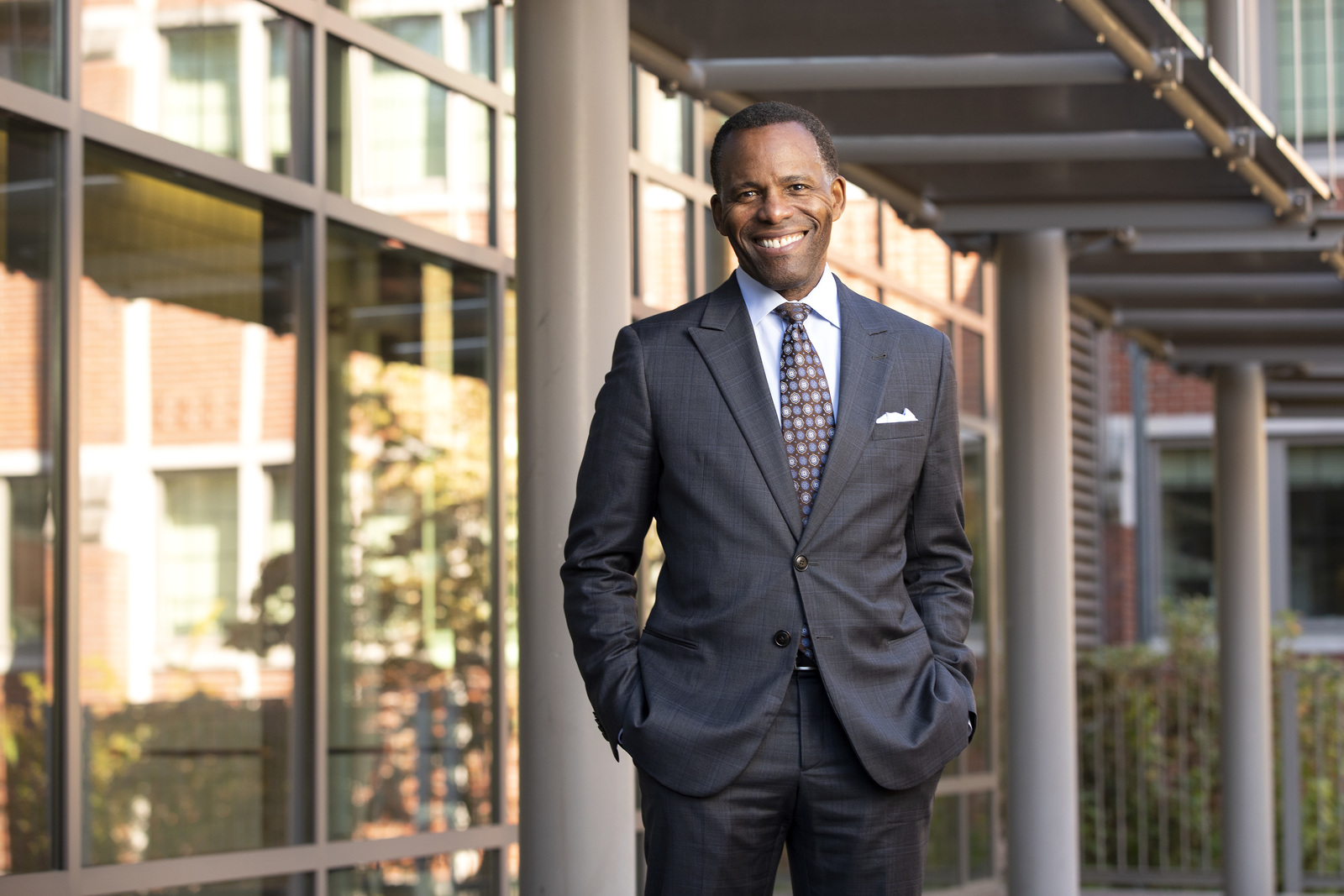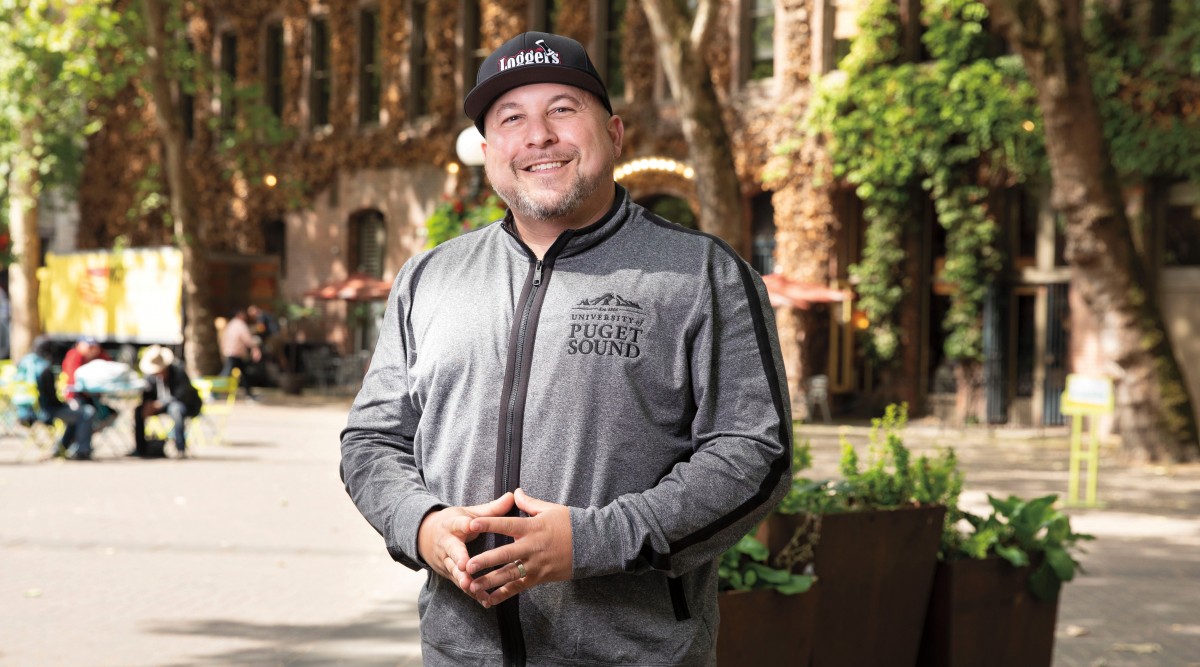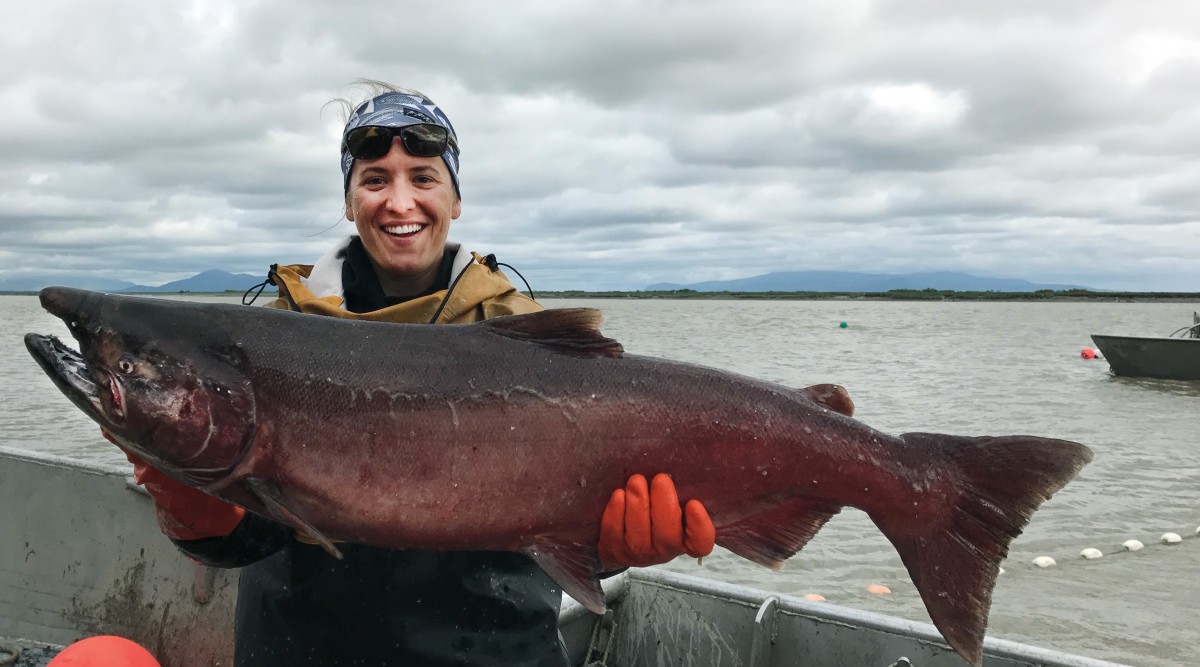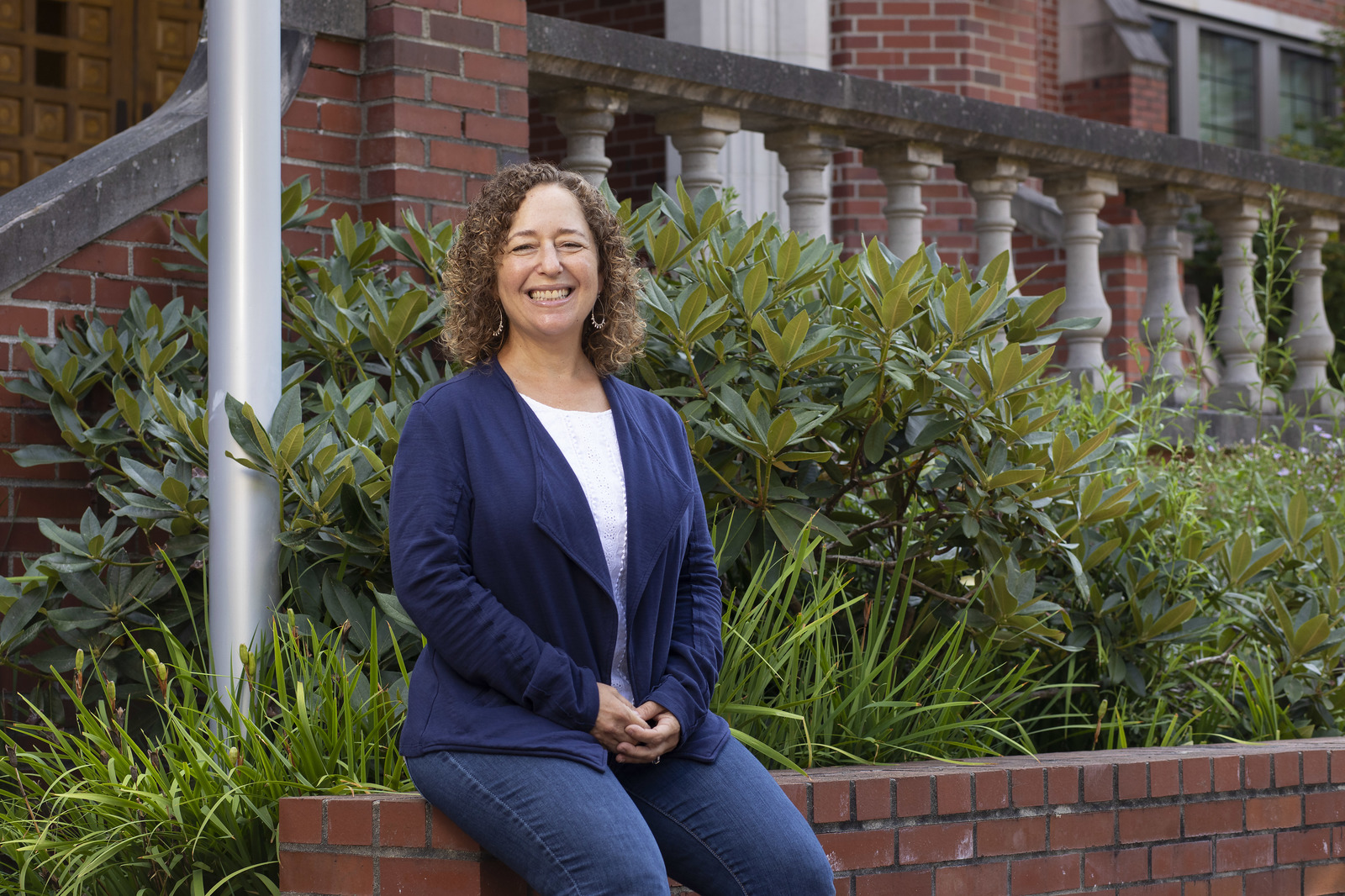
As we’re speaking, spring semester is about to begin, with more students on campus and more in-person classes. What was involved in planning for a reopening?
It’s been an all-hands-on-deck effort across the entire campus community. We’ve been working for 10 months to prepare for this moment, and we feel very, very good about the work that has been done to develop the myriad policies and procedures, and the safety and health protocols, to mitigate the risks associated with the virus. We’ve been working with an outside group to assess our efforts, and they gave us high marks for our readiness to welcome more of our students back to campus.
In nonpandemic news, you just named a director for the new Master of Public Health program. How does the new degree fit with the strategic priorities of the university?
First of all, we’re very excited to welcome Dr. Cara Frankenfeld as the inaugural director. She brings a wealth of accomplishments in this discipline—and has previously lived in the Pacific Northwest. And, although it seems particularly timely right now in the midst of COVID-19, we’ve actually been working for a couple of years to bring this program forward. We recognized a need for public health professionals in our region and nationwide, and we saw an opportunity to step into this space and build on our established strength in the health sciences. We have really exceptional programs in occupational therapy, physical therapy, and counseling, so this degree in public health fits very nicely.
There’s a new administration in Washington. If you could take President Biden a wish list of your priorities, what would be on that list?
Well, first I would support his statements that the most recent COVID relief bill, passed in December, is just a start, and that he will include higher education in future relief packages. The most recent bill included $22 billion for higher education, which was about $8.7 billion more than the first CARES Act. But that does not meet all of our sector’s needs or our students’ needs, in terms of responding to ongoing repercussions of COVID.
Early indications are that he may bring enhanced accountability to higher education and provide greater oversight of not-for-profit institutions. And we anticipate he will sunset some of the executive orders and other actions from the previous administration—particularly those that address sexual assault, DACA, free speech, diversity training, LGBT students, international students, and more.
What about affordability of higher education? Can President Biden make a difference there?
Yes—and we’ll encourage his administration to increase federal financial aid for students, particularly through the Pell Grant program, and to make sure choice continues to be an important component. We like the way we do it here in Washington state through the Washington College Grant program, where the funding goes to the student and then the student gets to decide what college or university best meets his, her, or their needs.
Back to the pandemic: Hari Sreenivasan ’95 recently did a PBS piece on the coronavirus’s impact on colleges. Enrollments are down, and expenses—like campuswide COVID testing are up. How has Puget Sound been affected?
We have not been impervious to the impact of the pandemic. We’ve experienced reductions in enrollment and, consequently, a reduction in revenues. We have taken a punch this year. But we’ve been fortunate in being able to lean into our very strong balance sheet. The university has historically been very well managed, very thoughtful with its finances, and we’re taking advantage of that wisdom and discipline. And we’re taking steps to move back toward equilibrium over a period of time. It’s been a challenging time, but we are finding our way through it, with an eye toward calmer seas in our future.
Some schools have eliminated certain majors, cut certain sports, laid off faculty or staff members. Will we see that at Puget Sound, or are you optimistic that we could avoid that?
Well, like many colleges and universities, we made significant cost reductions this past year. But we did so in a way that enabled us to remain true to our mission and preserve the distinctive, high-quality, and engaging educational experience that is Puget Sound. We will undertake a comprehensive academic, administrative, and auxiliary program review process in the coming months that I’m confident will position us for continuing success in the years to come.










